A tax haven is by definition simply a country that offers individuals or businesses little or no tax liability. Many of the Caribbean tax havens are what is known as pure tax havens, in that they impose no taxes at all. A number of Caribbean nations were motivated to become tax havens so they could reduce dependency on foreign countries and maintain their own economies.
How governments make money from tax havens
Tax havens are not completely tax-free. They charge a lower tax rate than other countries. Low tax jurisdictions generally charge high customs or import duties to cover the losses in tax revenues. Tax havens may charge a fee for new registration of companies and renewal charges to be paid every year. Additional fees may also be charged such as license fees. Such fees and charges would add up to a recurring fixed income for the tax havens.
The Cayman Islands
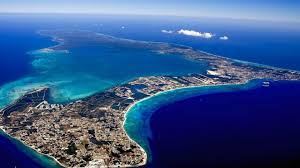
The Cayman Islands is one of the five largest offshore financial centers worldwide providing services such as offshore banking, offshore trusts and the incorporation of offshore companies. Offshore companies are not taxed on income earned abroad, and there is no taxation of Cayman international business companies. In fact, the Cayman Islands is a pure tax haven since it has no corporate tax, no income tax, estate or inheritance tax, and no gift tax or capital gains tax. It does not have any tax treaties with other nations, thus guarding the finances of its offshore banking clients from the tax authorities of other countries.
Panama

The Republic of Panama is also considered as pure tax haven. Offshore companies are allowed to conduct business operations within and outside of the offshore jurisdiction here. Offshore Panamanian companies and their owners are not subject to income taxes, or corporate taxes, and even local taxes. In Panama, which protects the privacy of offshore trusts and foundations by law, people of any nationality can incorporate.
The Bahamas

The Bahamas is another widely popular tax haven country that enables the incorporation of offshore corporations and IBCs. This country remains one of the preferred tax havens for residents of the United States and European countries. It also provides offshore banking, registration of offshore companies, registration of ships and offshore trust management. It is a pure tax haven, with no tax liability at all for offshore companies or individual offshore bank account holders.
The British Virgin Islands
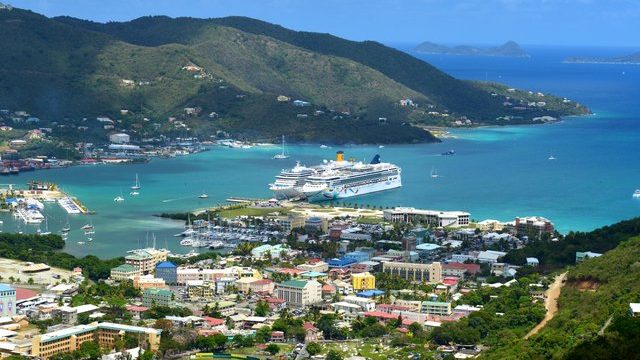
The British Virgin Islands does not impose any taxes on offshore accounts, and it has no tax treaties with other nations, thus protecting the financial privacy of bank account holders. There are no taxes on offshore companies. An advantage to offshore banking customers and offshore companies incorporated in the BVI is that there are no exchange controls. This makes it much easier to transfer funds from one place to another for trading and investment purposes while protecting financial privacy.
Dominica
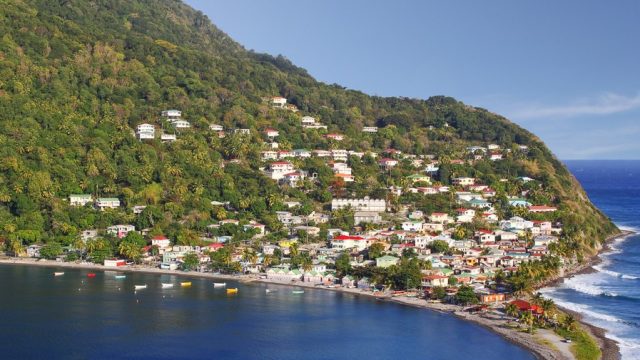
Often confused with the Dominican Republic, the Commonwealth of Dominica is a pure tax haven that imposes no income taxes, no corporate taxes and no capital gains tax on income earned abroad. Likewise, there are no withholding taxes, and no estate taxes, including inheritance taxes or gift taxes. Offshore companies and trusts do not have to pay any stamp duty on transfers of assets. People of any nationality may form offshore corporations in Dominica. The nation has privacy laws that shield the identities of owners and directors of offshore companies incorporated in Dominica.
Nevis

Nevis offers tax-friendly formation of offshore limited liability companies (LLCs), trusts and foundations, along with excellent offshore banking and insurance services. It provides financial privacy by not making public any information regarding owners and directors of offshore companies. Incorporation in Nevis only requires one director and one shareholder, who can be the same person. Nevis doesn’t impose any local taxes on income earned outside of the jurisdiction. Offshore companies and their owners do not have to pay withholding taxes, capital gains taxes or estate taxes, and they are not subject to corporate taxes or local taxes on income generated outside of Nevis.
Anguilla
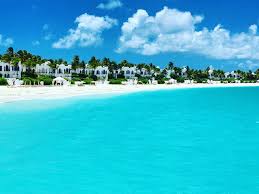
Anguilla, a part of the Britain Overseas Territory, has become a tax haven. It is a pure tax haven that does not impose income taxes, estate taxes or capital gains taxes on individuals or corporations. All offshore entities incorporated in Anguilla are exempt from paying stamp duty.
Costa Rica

Costa Rica is not considered a pure tax haven, but it is recognized as tax-friendly enough to have been referred to as the Switzerland of Central America. Companies incorporated in Costa Rica are allowed to conduct business both within and outside of the jurisdiction. No local taxes are imposed on revenue generated by companies that do not conduct business in the jurisdiction. As a business incentive, Costa Rica grants 20-year exemptions from any taxation to many corporations. Corporate entities that are required to pay taxes pay extremely low rates and are generally exempt from taxes on interest, capital gains or dividend income.
Belize

Belize offers offshore banking and easy incorporation of offshore companies or formation of trusts or foundations. Offshore businesses here do not pay any taxes on income earned abroad. Belize incorporated companies and trusts are exempt from paying stamp duty. Offshore bank accounts are not taxed on earned interest, nor subject to repatriation or capital gains taxes. Banking legislation guarantees strict confidentiality for offshore banking.
Barbados

Barbados is not a pure tax haven but offers a thriving offshore financial sector providing offshore banking, incorporation of offshore corporations and exempt insurance. It has a very low-tax environment for offshore corporations incorporated in Barbados. Taxes on profits of offshore companies are generally in the range of only 1% to 2%, and the tax rate decreases as the profits earned increase. Offshore companies can import necessary machinery or business equipment without paying any import duty.
(With inputs from agencies)


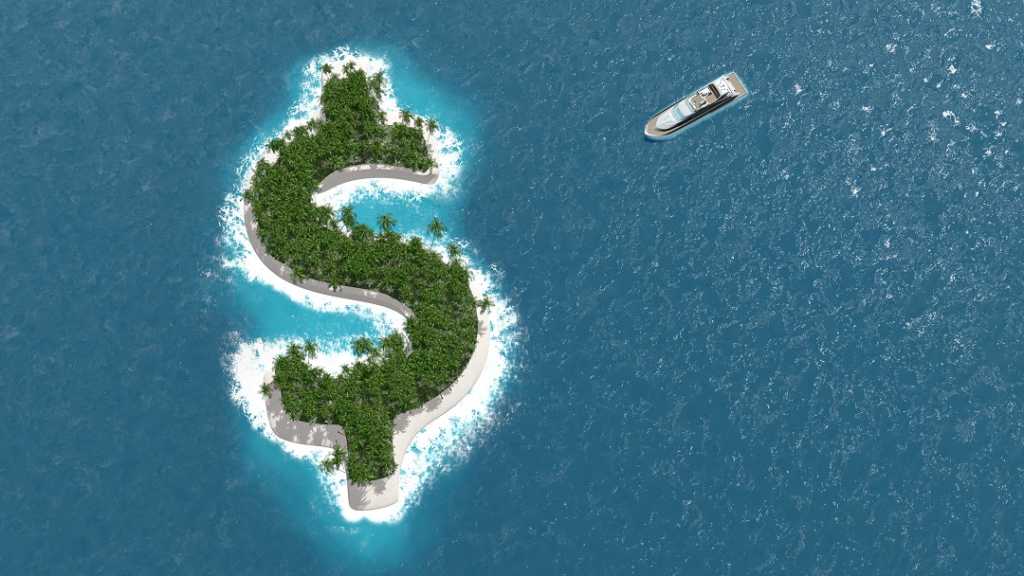






Comment